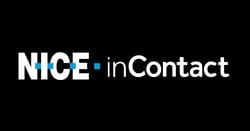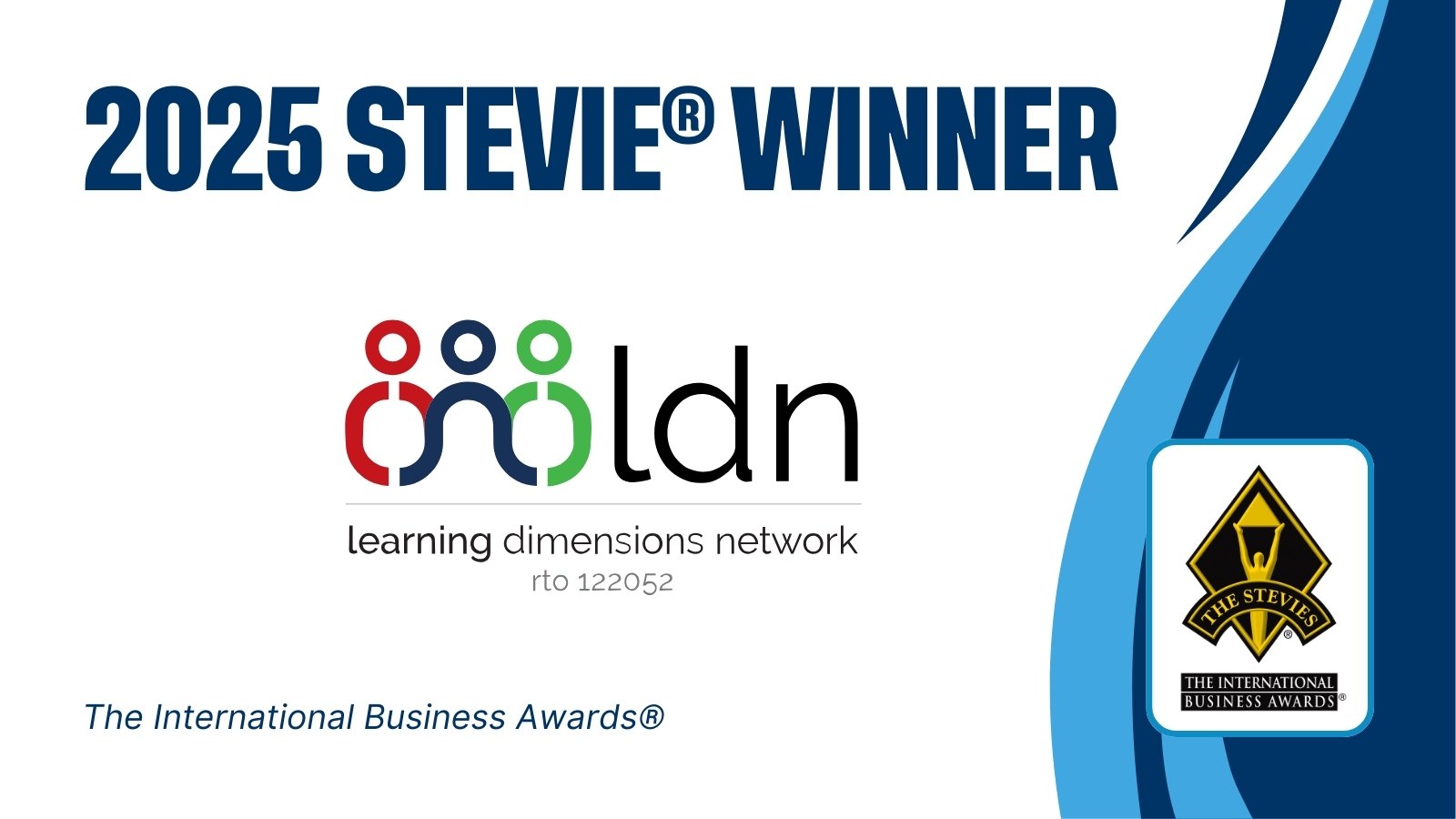The Stevie® Awards, organizers of the world’s premier business awards programs, today announced the Gold, Silver and Bronze Stevie winners in The 18th Annual American Business Awards®.
All organizations operating in the U.S.A. – large and small, public and private, for-profit and non-profit - are eligible to submit nominations to the ABAs in a wide range of categories, honoring achievement in every aspect of work life, from customer service and management to public relations and product development. More than 3,600 nominations were reviewed in the judging process this year by 230 professionals worldwide, whose average scores determined the winners.

Winners of three or more Gold Stevie Awards include:
Cisco Systems (San Jose, CA), CitizenNet & Magnitude Digital (New York, NY), Comcast Business (Philadelphia, PA), Crocs (Niwot, CO), Fazoli's Italian Restaurants (Lexington, KY), George P Johnson Experiential Marketing (Auburn Hills, MI), Harman International (Stamford, CT), Hearts & Science (New York, NY), Hilton Grand Vacations (Orlando, FL), Humana (Louisville, KY), Jeunesse Global (Orlando, FL), John Hancock (Boston, MA), London Computer System (Cincinnati, OH), Mastercard (Purchase, NY), National Association of REALTORS® (Chicago, IL), Newberry Tanks and Equipment (West Memphis, AR), Nexxt Gen Corporation (Irving, TX), POWERHOME (Mooresville, NC), Red Hat (Raleigh, NC), State Farm (Bloomington, IL), Toft Group (San Francisco, CA), and United Imaging (Houston, TX).
Among other winners, organizations with five or more Gold, Silver, or Bronze Stevie wins include:
Bank of America (Charlotte, NC), BMO Financial Group (Chicago, IL), Curion (Deerfield, IL), Fannie Mae (Washington, DC), LifeVantage (Sandy UT), Medical Marijuana, Inc. (San Diego, CA), Merkle (Columbia, MD), Metro Development Group (Tampa, FL), MONAT Global (Miami, FL), Pareto Intelligence (Chicago, IL), Passageways (Lafayette, IN), SoftPro (Raleigh, NC), TBI (Chicago, IL), Tek Leaders Inc (Plano, TX), Tinuiti (New York, NY), United Imaging (Houston, TX), and Wolters Kluwer Legal & Regulatory U.S. (New York, NY).
For a complete list of the Stevie Award winners announced today, visit www.StevieAwards.com/ABA.
2020 Stevie winners will be celebrated and presented their awards during a virtual awards ceremony on Wednesday, August 5 at 2pm ET. Details of the event are available on the website.
The categories that recognize outstanding new products and services introduced in the USA are among the most heavily subscribed in the ABAs, and every new product or service nominated in The 2020 American Business Awards is included in voting for the People's Choice Stevie Awards for Favorite New Products, a worldwide public vote. Voting opened today at http://peopleschoice.stevieawards.com and will conclude on July 15. People’s Choice Stevie winners will be announced the week of July 20 and will be honored during the August 5 virtual presentations.
“Despite the toughest business conditions in memory, American organizations continue to demonstrate their commitment to innovation, creativity, and bottom-line results,” said Stevie Awards President Maggie Gallagher. “This year’s Stevie-winning nominations are full of inspiring stories of persistence, ingenuity, resourcefulness, and compassion. We celebrate all of their stories and look forward to showcasing them during our virtual awards ceremony on August 5.”



 To help your business establish or maintain brand awareness, consider highlighting your 2019 achievements by entering submissions in various 2020
To help your business establish or maintain brand awareness, consider highlighting your 2019 achievements by entering submissions in various 2020 
 Stevie-winner
Stevie-winner 



























